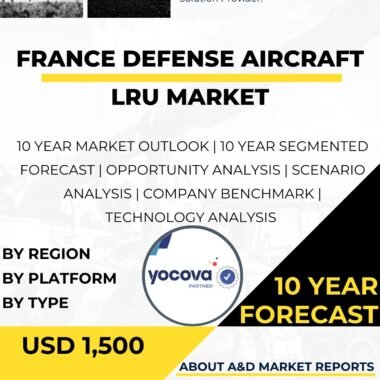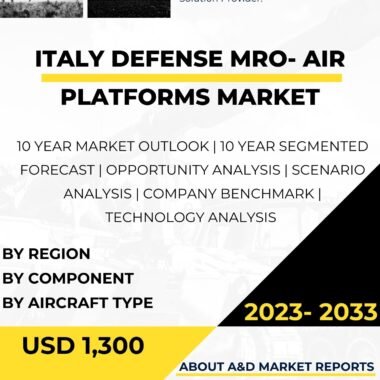Description
Brazil’s Defense Training and Simulator Market: Defense Simulation
The Brazil Defense Training and Simulator Market is key. In fact, it truly strengthens the country’s military power. Moreover, Brazil faces many threats. This makes skilled forces vital.
Training tech offers a safe environment. Also, it costs less than live drills. These tools, therefore, boost troop skills and readiness. Consequently, demand for advanced simulation grows.
The Core Role: Military Readiness
Defense Training and Simulator has a profound impact. Indeed, it is key in military training. Brazil’s forces must be highly trained. They must respond well to threats. Simulation tools, such as VR and computer games, give realistic training. These exercises, ultimately, help soldiers practice choices. They also develop teamwork. In summary, this improves mission readiness.
Furthermore, simulations are essential for joint missions. Brazil works with allied nations. This technology enables easy coordination. It boosts teamwork. Also, it aids joint planning. By training in virtual worlds, therefore, forces understand each other’s tactics.
Key Drivers
First, army modernization drives the market. Clearly, Brazil wants to stay advanced. The adoption of smart training tech is integral. This equips personnel with skills. It helps Brazil enhance its military capabilities.
Second, cost-effectiveness drives the market. For instance, live exercises are expensive. In contrast, simulation uses controlled environments. This reduces costs for fuel and gear.
Third, risk mitigation is crucial. Live exercises carry hazards. Simulation, however, minimizes risk to people and equipment.
Market Structure and Growth
The Brazil Market combines local and foreign firms. Local companies, for example, develop training systems. This supports Brazil’s defense industry. Collaborations with global firms help transfer tech. This brings new solutions to the army.
The government supports this growth. It funds R&D initiatives. It also invests in staff training.
Non-Military Use
Additionally, this market extends beyond the army. Law agencies, for instance, use simulation tech. This includes the Federal Police. These simulations prepare staff for crisis situations. For example, they practice hostage rescue.
Challenges and Future Outlook
Despite growth, challenges exist. For example, the initial investment is high. Consequently, budget limits pose hurdles for widespread use.
Also, tech complexity is a problem. The army needs skilled staff to manage systems. Regular updates, moreover, are necessary. This ensures the systems stay effective.
Future Trends
Looking ahead, the market will see continued growth. Brazil seeks to enhance its defense capabilities. As a result, demand for advanced training tech will rise.
R&D investment is vital. Furthermore, tech transfer deals are needed. Also, full testing sites must be built. Ultimately, these steps will solve problems.
In conclusion, the Brazil Training Tech Market is pivotal. It gives the army essential capabilities. Addressing cost and complexity will be key. This action will greatly boost Brazil’s defense power.




